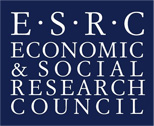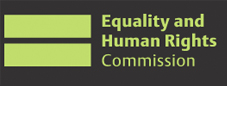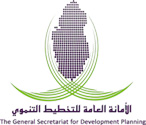UNICEF
Martin is currently employed as a specialist in child poverty in the Division of Policy and Strategy in UNICEF HQ in New York. He works in the Child Poverty and Social Protection team. His work contributes to the work done by the Social Inclusion, Policy and Budgeting Section that co-ordinates work across UNICEF programmes on core social policy issues. Currently he is working with the LIS data centre on child poverty in Middle Income Countries, and with Cambodia, Indonesia and Swaziland UNICEF country offices to improve profiling of child poverty. He also works with UNDP and World Bank on international profiling of child poverty and inequality.
From 2012 to ongoing















